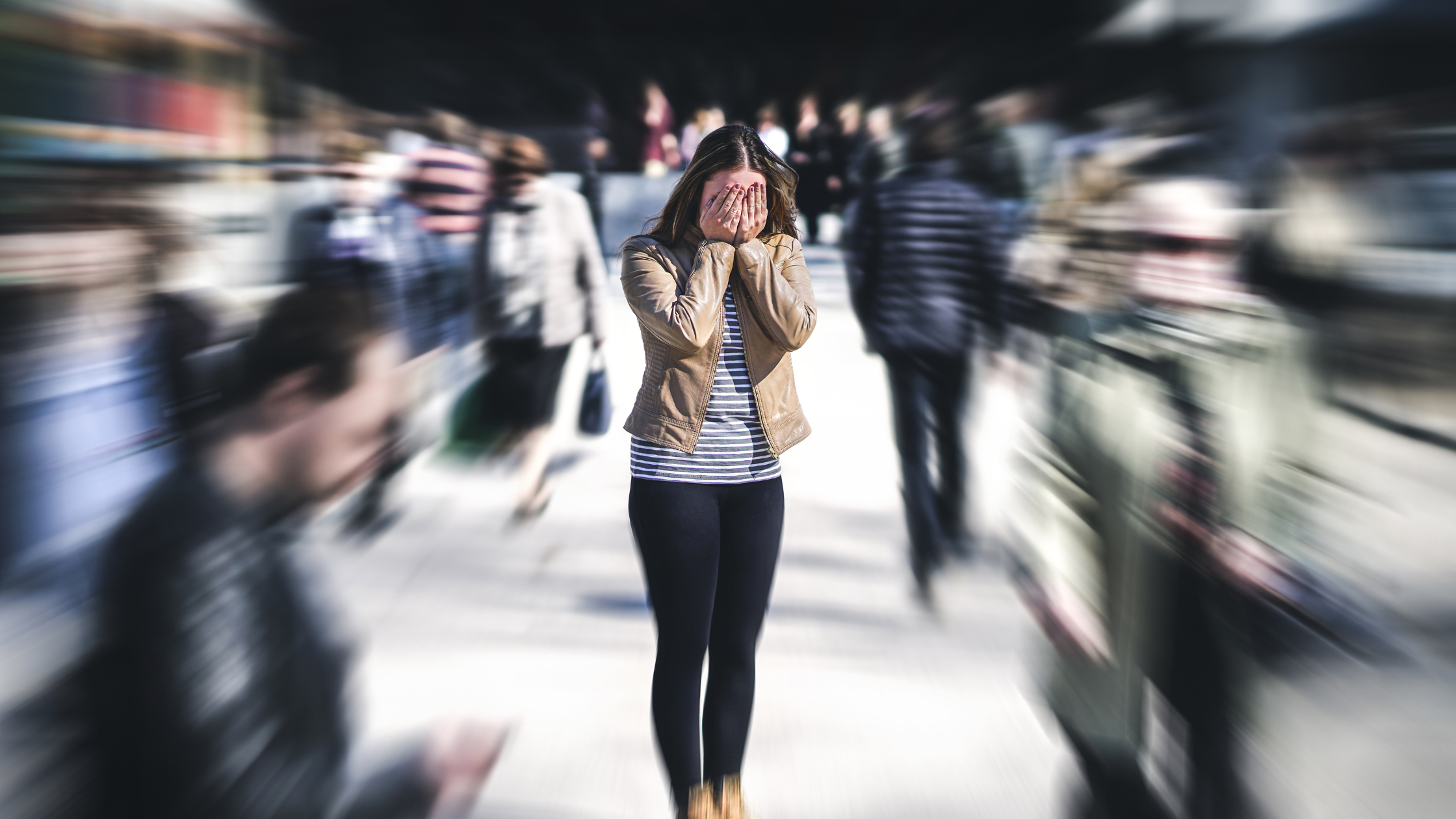
People with panic disorder and other anxiety-related disorders may struggle with obtaining a full night of restful sleep. Specific sleep comorbidities may include insomnia and panic attacks. There is a relationship between sleep problems and these anxiety disorders, where an exacerbation of one can lead to issues with the other. Continue reading to find out why panic disorder and anxiety cause sleep issues, and what you can do to mitigate your sleep disturbances.
Insomnia
Many people with anxiety disorders have difficulty managing negative thoughts and worry. Those with panic disorders can go into a full panic attack at any time of the day. These attacks are often random, and so distressing, that people begin to fear that they are going to have another attack.
Worrying is normal, but in anxiety and panic disorder, they impair one's life. Worrying is all that they can do, whether it's about the past, the current or the future. And worrying is about all aspects of life from one's job to their relationships.
Regardless of the source of worrying, it normally impairs one's ability to get good sleep because they can't shut their mind off to get the sleep that they need. This can cause insomnia, or difficulty falling asleep and staying asleep.
Nocturnal Panic Attacks
Panic attacks are the main symptom of panic disorder. They are characterized as a sense of impending doom with physiological symptoms such as a racing heart rate, sweating, heart palpitations, and shortness of breath. These attacks can begin randomly, or be triggered by something that reminds one of a trauma or stressor.
Other mental health disorders that are associated with panic disorder include agoraphobia, depression, obsessive-compulsive disorder, post-traumatic stress disorder, and specific phobias. They also can be linked to medical conditions like IBS and GERD.
Those with panic attacks may even experience depersonalization and derealization, like some sort of disconnection from themselves, or an "out of body experience". These attacks are so distressing, that people with panic disorder fear losing control, going crazy, or even dying from these symptoms.
When these panic attacks happen at night, they are referred to as nocturnal panic attacks. They can happen while one is sleeping, so they awake with fear, and anxiety. This can condition those with nocturnal panic attacks to fear sleeping if they are nervous that another attack will happen. This can lead to insomnia and chronic sleep deprivation.
Related disorders
Nocturnal panic attacks are not just seen in panic disorder. They have also been associated with other sleep disturbances.
One is sleep apnea. Sleep apnea is one of the most common sleep disorders, and it consists of cessations in breathing throughout the night. Some of the symptoms of sleep apnea, like shortness of breath and feelings of suffocation, overlap with panic attacks.
Sleep paralysis happens when a person is consciously awake, but are unable to move, or speak. This is a terrifying experience, and happens when the person is falling asleep or waking up. This experience is also accompanied by feelings of choking and fears of losing control, similar to panic disorders.
Nightmares are scary, or upsetting dreams that can occur with the onset of nocturnal panic attacks. A person may begin experiencing uncomfortable symptoms of a panic attack, like sweating, excellerating heart rate, or overwhelming fear and anxiety as they awaken from a nightmare.
Night terrors are similar in that they produce feelings of being terrified, but they are different in that the sleep often doesn't remember them, and that this happens more commonly in children. While they are sleeping, they will begin thrashing about, experiencing symptoms common to panic attacks like trembling, shaking, and feelings of fear and dread.
Treatment for Sleep issues
Sleep disturbances and anxiety can create a vicious cycle. When you don't get enough sleep, then you become more anxious and less able to cope with the stressors of life. When you are anxious, you can't sleep. These two continue to worsen, exacerbating the other.
If you think you have developed a sleep disturbance, and are struggling with symptoms of panic disorder, then it's important to talk with a mental health professional. By learning to control your mental health disorder, and its associated symptoms, you may be able to ease the severity of your sleep issues.
If you are concerned that you have developed a sleep-related disorder that is contributing to your panic symptoms, then please click the orange button below to take a free online sleep test and talk with one of our sleep health professionals.
https://www.verywellmind.com/panic-disorder-and-sleep-issues-2584247

